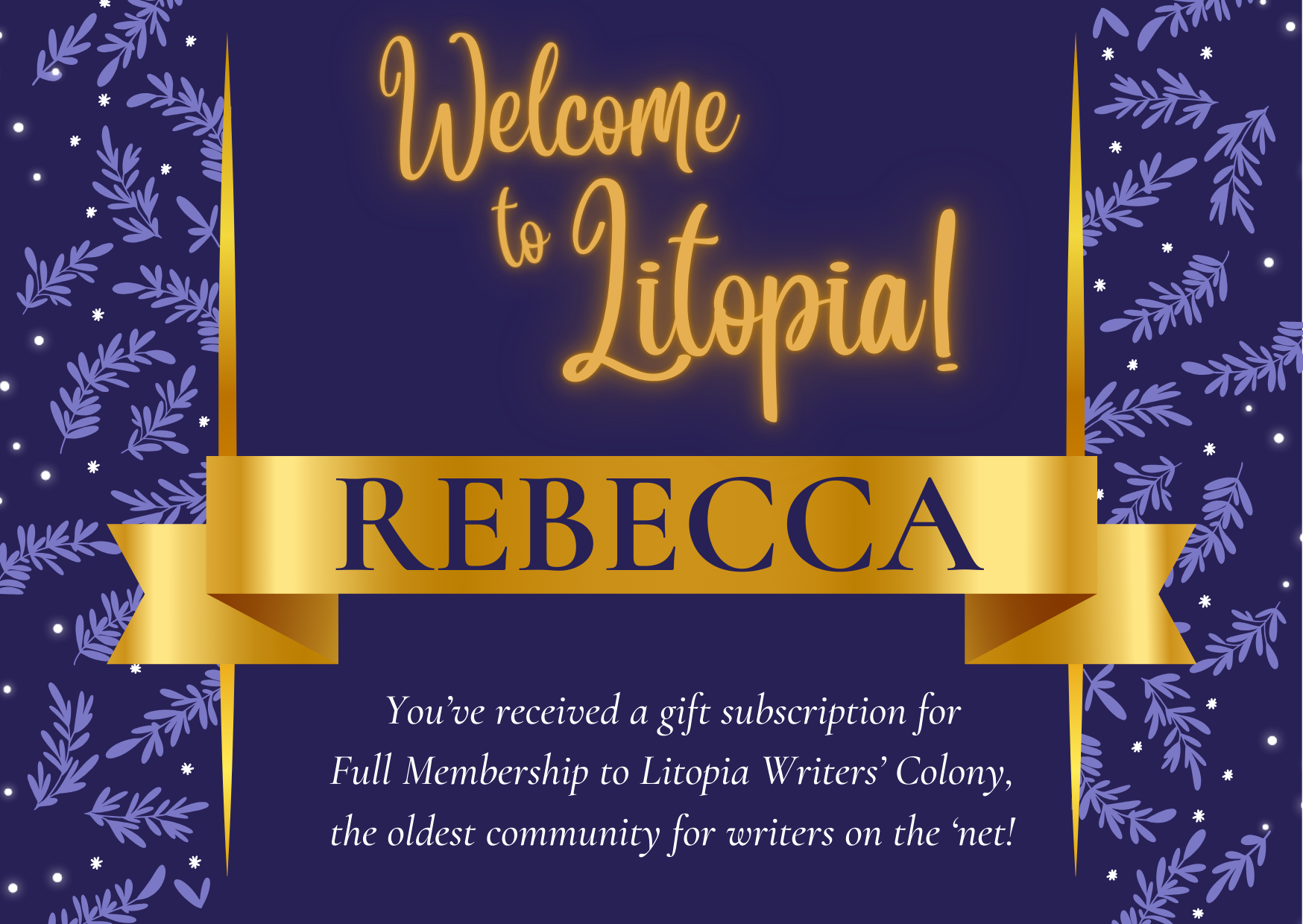The link: https://kirtland.zoom.us/j/82389814290
1. In the Iliad, Patroclus is a relatively minor character. Why do you think the author chose him to be her narrator? Which other figures in the story might make interesting narrators?
2. Near the beginning of their friendship, Achilles tells his father that he values Patroclus because “he is surprising.” What do you think Achilles means by that? How is Patroclus different from the other foster boys? Why?
3. What do you think are the reasons behind Thetis’ opposition to Patroclus?
4. How do the boys change during their time with Chiron? Do the centaur’s lessons continue to be a guiding force in their lives?
5. On the island of Scyros, what motivates Deidameia’s desire to speak to Patroclus alone? What does she hope to achieve?
6. To what extent does Achilles’ ultimate destiny shape his choices? Is there such a thing as free will in this world?
7. Historical events can sometimes turn upon the will or personality of a single person. Aside from Achilles, are there other characters whose faults or virtues significantly affect the Trojan War’s outcome?
8. Myths are often called “timeless” for their insights into human behavior. What parallels do you see between the characters and conflicts of this novel and today? What pieces of Patroclus and Achilles’ story can be universalized?
9. What is the significance of song and music in the novel?
10. Patroclus is often a self-critical narrator. Consider how other characters in the novel regard him --- do they see him in the same way he sees himself?
11. As represented in the novel, what are some of Odysseus’ defining qualities? Do you find him a sympathetic character? Why or why not?
1. In the Iliad, Patroclus is a relatively minor character. Why do you think the author chose him to be her narrator? Which other figures in the story might make interesting narrators?
2. Near the beginning of their friendship, Achilles tells his father that he values Patroclus because “he is surprising.” What do you think Achilles means by that? How is Patroclus different from the other foster boys? Why?
3. What do you think are the reasons behind Thetis’ opposition to Patroclus?
4. How do the boys change during their time with Chiron? Do the centaur’s lessons continue to be a guiding force in their lives?
5. On the island of Scyros, what motivates Deidameia’s desire to speak to Patroclus alone? What does she hope to achieve?
6. To what extent does Achilles’ ultimate destiny shape his choices? Is there such a thing as free will in this world?
7. Historical events can sometimes turn upon the will or personality of a single person. Aside from Achilles, are there other characters whose faults or virtues significantly affect the Trojan War’s outcome?
8. Myths are often called “timeless” for their insights into human behavior. What parallels do you see between the characters and conflicts of this novel and today? What pieces of Patroclus and Achilles’ story can be universalized?
9. What is the significance of song and music in the novel?
10. Patroclus is often a self-critical narrator. Consider how other characters in the novel regard him --- do they see him in the same way he sees himself?
11. As represented in the novel, what are some of Odysseus’ defining qualities? Do you find him a sympathetic character? Why or why not?

